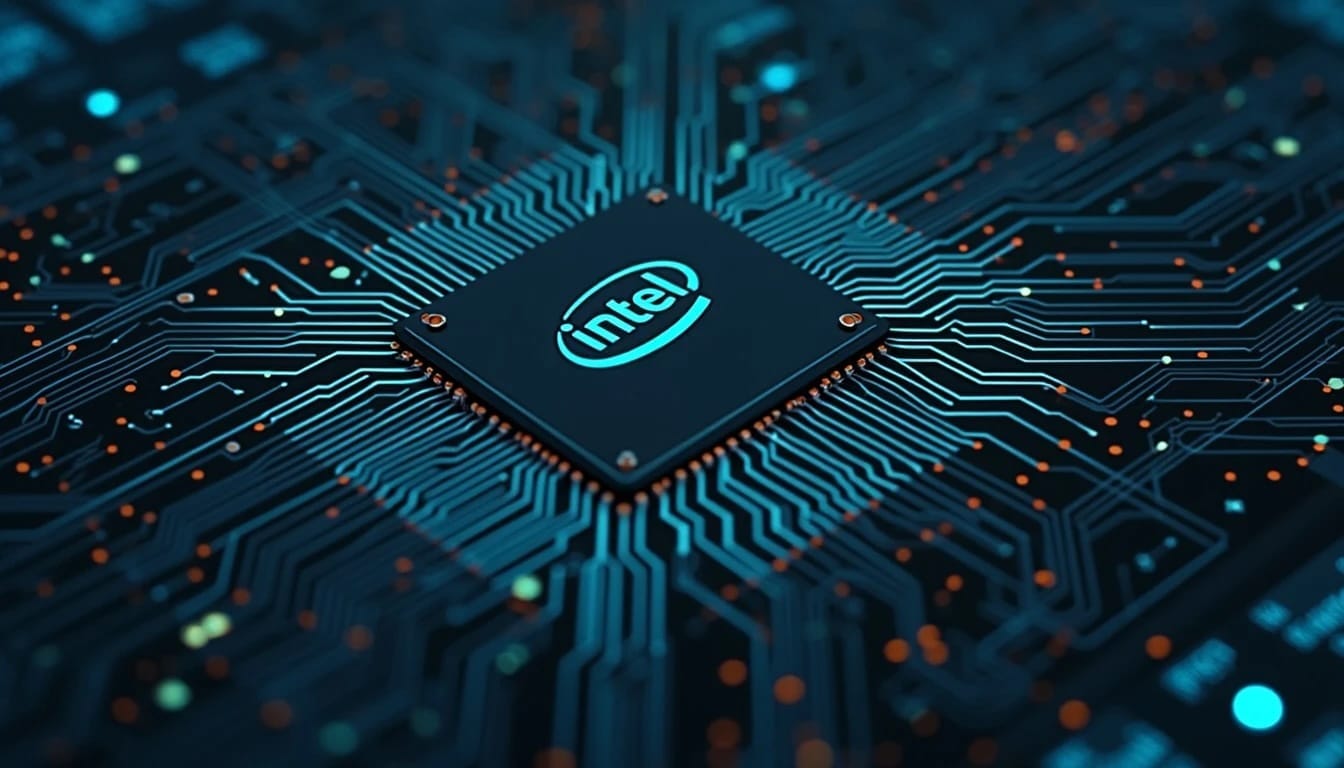The potential purchase of Intel by Broadcom has sparked intense debate in the tech industry. However, a key obstacle could hinder the deal: the cross-licensing agreement that AMD has with Intel. This pact, in effect since 2009, allows both companies to use each other’s patents, preventing legal disputes and ensuring access to essential technologies.
A vital agreement for the industry
The agreement covers critical technologies, such as the x86 architecture and its extensions (SSE, AVX), as well as other key developments in processors, GPUs, and FPGAs. Its immediate termination would occur if either company changes ownership or enters into a merger, forcing a renegotiation of the terms.
Broadcom, a growing threat
Broadcom, traditionally focused on networking and storage, has expanded its presence in cybersecurityCybersecurity solutions are essential in the current era. and software infrastructure. Its recent push into Artificial Intelligence (AI) processors positions it as a strong competitor. If it succeeds in acquiring Intel, it could challenge AMD in the data center market with a combination of CPUs and ASICs.
Possible scenarios
If the deal goes through, AMD may be forced to renegotiate the cross-licensing agreement, which could affect the production of x86-compatible processors. Some analysts suggest that Broadcom might seek a partnership with AMD to counter Nvidia in the AI sector, but its priority seems to be strengthening its presence in data centers.
Impact on the industry
The breakdown of the agreement between Intel and AMD could transform the semiconductor industry, generating uncertainty about the future of the x86 architecture. In the short term, Broadcom’s acquisition of Intel could significantly alter the balance of power in the industry.
As the landscape evolves, attention focuses on how AMD will respond to a potential competitive threat from Broadcom, a company that could challenge its dominance in a key market.
Source: Tom’s Hardware

